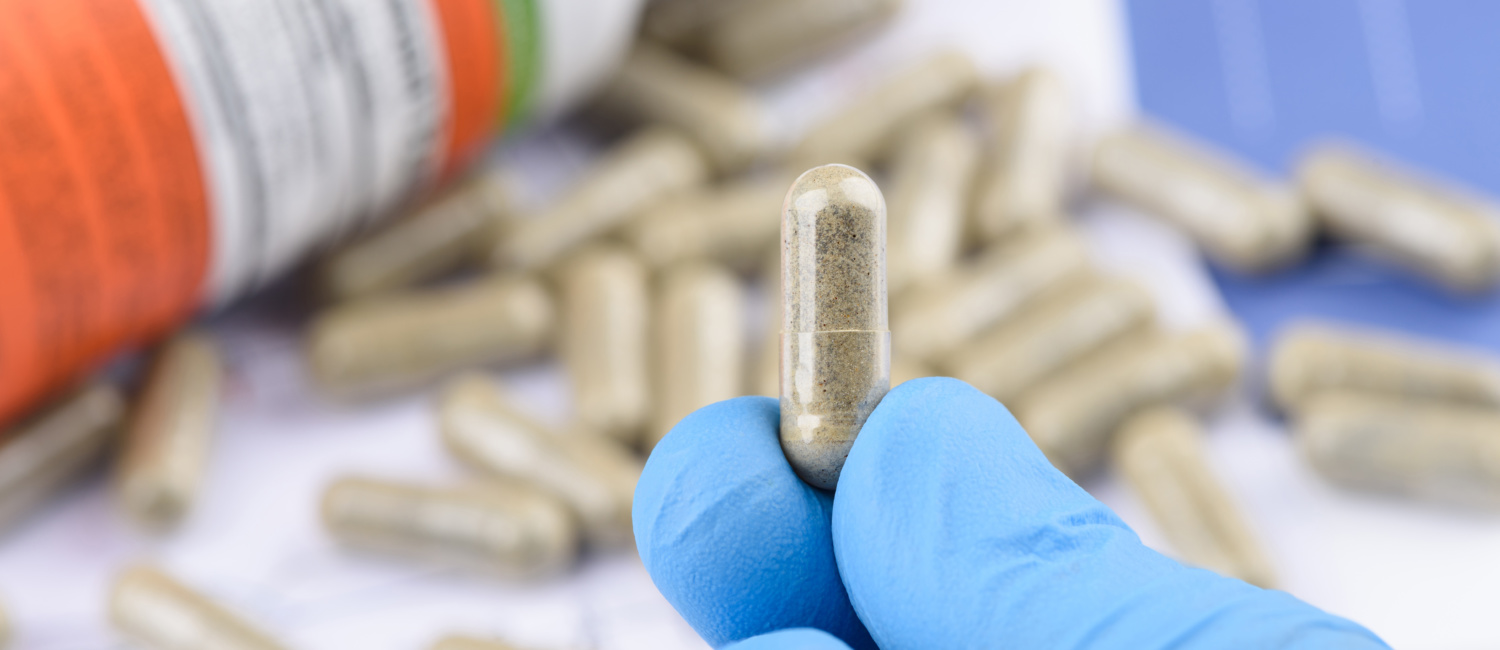This is the question that every nutraceutical company is looking to answer. To shed some light on this issue, we take a look at the current dietary supplements market and the wealth of opportunities for innovation we believe it has to offer.
In recent years, and especially since the Covid-19 health crisis, dietary supplements have visibly become more popular with consumers and better understood by public authorities. This has given a further boost to the dietary supplement market at a time when 75% of consumers express the desire to take better care of their health.[1]
Moreover, with a current turnover of $169 bn in 2021[2] , and projected to grow to $200 bn by 2025, this market is both dynamic and very promising.
We are convinced that LBiome™ is a key part of this dynamic!
The dietary supplements market is increasingly segmented
Firstly, we are witnessing a more precise targeting of promises. Food supplements meet increasingly specific needs. This contributes to the ultra-segmentation of the market.
For example, industry players are seeking to support women’s health throughout the various stages of their lives. We can also see this in digestion, with an increasing diversity of products for people suffering from specific disorders such as Irritable Bowel Syndrome (IBS). The food supplement market is moving forward alongside innovations in scientific research and knowledge, providing new insights and redefining the boundaries of our understanding.
Let’s take the example of the biotics market. Major studies are being carried out on the different microbiota and the link between certain diseases and the gut-brain axis. This sector is therefore constantly developing. The new definition of postbiotics provided by ISAPP indicates the potential for further segmentation in the biotics market. Using postbiotics to meet increasingly specific needs represents a significant opportunity for innovation.
Innovating in the dietary supplements market for better prevention
A new dynamic is emerging that is more focused on prevention than care. Today, consumers are turning more to preventive solutions. Indeed, between 2017 and 2022, the proportion of consumers using a dietary supplement for prevention rose from 34% to 39%.[3]
Furthermore, public authorities clearly understand the interest in reducing public health expenditure. They seek to focus on prevention rather than provision of treatment, which is often very expensive. For example, 46,000 cases of vision problems such as age-related macular degeneration (AMD) are preventable in France simply by taking lutein and zeaxanthin. This represents a saving of €1.7 billion per year.[4]
In order to respond to a logic of prevention and to convince consumers, nutraceutical companies are improving their technical skills. Advanced scientific approaches are increasingly essential. Ingredients and products are tested, and their effectiveness must be proven to convince the consumer. This is the case with the Lactobacillus LB strain, which is supported by almost 50 scientific studies.
In this way, it will be possible to innovate in the dietary supplements market in the future with scientifically supported solutions, in the interests of prevention.
Food supplements are becoming more popular
Today, there is a great diversity of distribution channels. Although sales in pharmacies are still the preferred choice for a majority of consumers, online sales are growing in leaps and bounds.[5] The arrival of e-commerce and stakeholders such as Amazon in this market is helping to make dietary supplements more accessible. Innovation is therefore also possible in terms of communication and distribution.
Moreover, despite hyper-segmentation, we are also witnessing a more global approach to well-being, with more holistic solutions. Consumers are looking to feel good on a daily basis, while solutions are more lifestyle-related.
The market is expanding, and the boundaries are becoming less defined between health, dietary supplements and food. The notion of nutraceutisation is emerging, demonstrating the trend for products providing high levels of nutrition in more conventional food matrices.
So, yes! For all these reasons, we are convinced that there is unlimited potential for innovation in the dietary supplements market, both now and in the future This includes the choice of ingredients. To find out more about LBiome™, contact us.
[1] FMCG Gurus, 2021
[2] Nutrition Business Journal, 2022
[3] Open Health, 2022
[4] Synadiet, 2022
